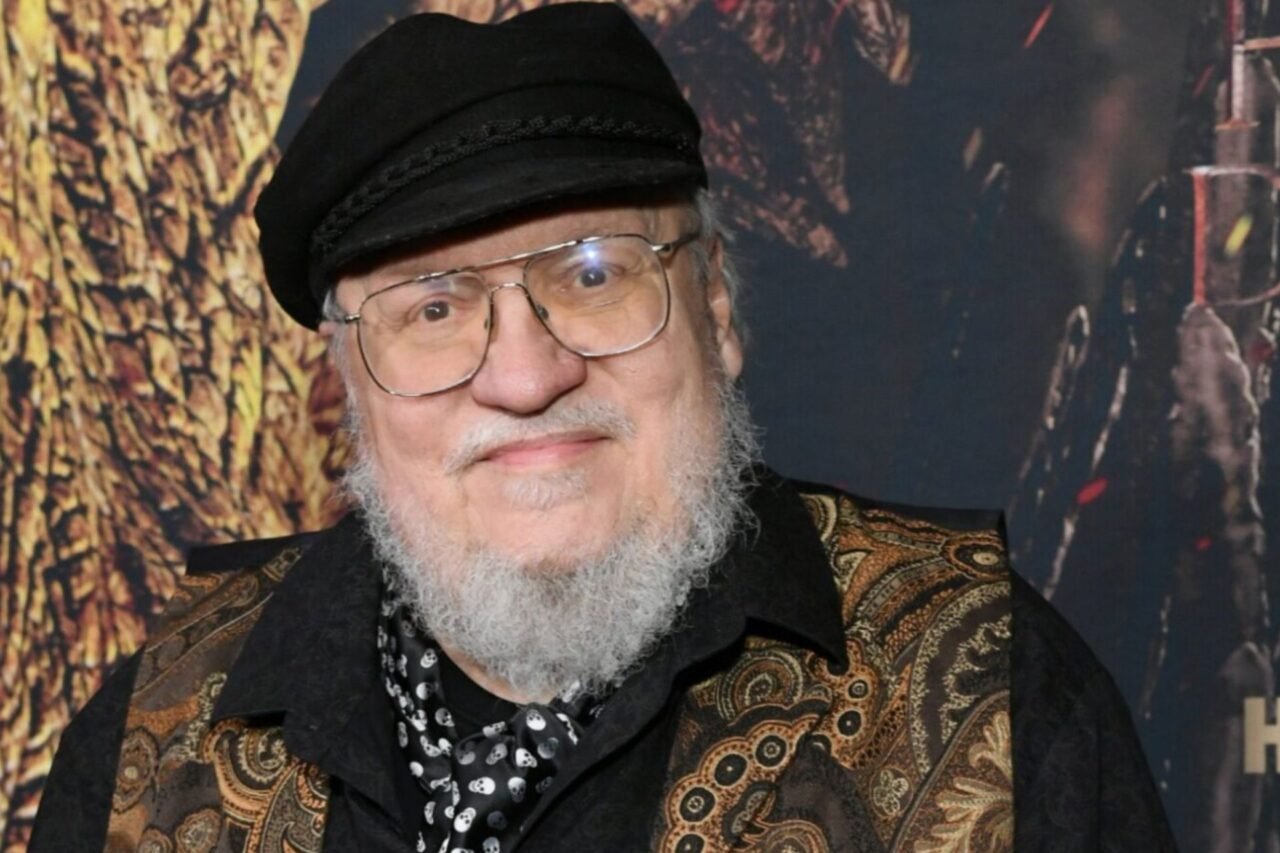URGENT UPDATE: A federal judge has just allowed class-action lawsuits against OpenAI to move forward, significantly impacting the ongoing copyright dispute involving authors and generative AI. U.S. District Judge Sidney Stein ruled on October 16, 2023, using Game of Thrones as a pivotal example in the court’s decision. This ruling could reshape the landscape for authors and their rights against AI-generated content.
The court’s determination stems from the claim that ChatGPT-generated text for a potential A Song of Ice and Fire installment violates George R.R. Martin‘s copyright. Judge Stein noted, “A reasonable jury could find that the allegedly infringing outputs are substantially similar to plaintiffs’ works.” This statement underscores the gravity of the situation, suggesting that AI may not be exempt from copyright laws.
Joining Martin in this legal battle are renowned authors including Michael Chabon, Ta-Nehisi Coates, Jia Tolentino, and Sarah Silverman. They are collectively arguing that their copyrights are being infringed upon, as their works have been utilized without consent to train large language models. The implications of this ruling extend beyond just one case, potentially affecting the entire publishing industry.
As part of the lawsuit, a prompt designed by Martin’s legal team revealed ChatGPT’s proposal for an alternative sequel titled A Dance with Shadows, based on Martin’s original title, A Storm of Swords. The AI suggested plotlines involving “ancient dragon-related magic” and new claims to the Iron Throne, drawing striking parallels to Martin’s unique storytelling style. This level of similarity has led the court to permit the lawsuit to proceed on copyright infringement grounds.
The outcome of this case is critical. While the court has ruled on the basis of substantial similarity, the defense’s argument regarding “fair use” still looms large and remains unresolved. The decision could set a precedent for how generative AI systems are regulated in relation to copyrighted material.
As discussions heat up around the capabilities of AI versus human creativity, many believe that while AI can generate text at lightning speed, it lacks the depth and nuance that authors like Martin bring to their work. Readers around the world are expressing their support, emphasizing a preference for authentic storytelling over machine-generated narratives.
What happens next? The legal battle is poised to unfold in the coming months, with implications that could redefine the relationship between authors and technology. As this story develops, authors and fans alike are watching closely to see how the court balances the interests of creativity with technological advancements.
Stay tuned for more updates as this urgent legal situation progresses, keeping in mind the importance of protecting creative rights in an increasingly digital world.
